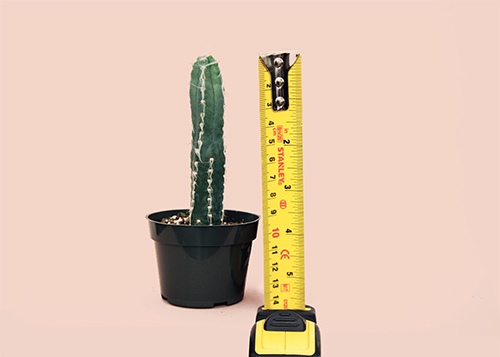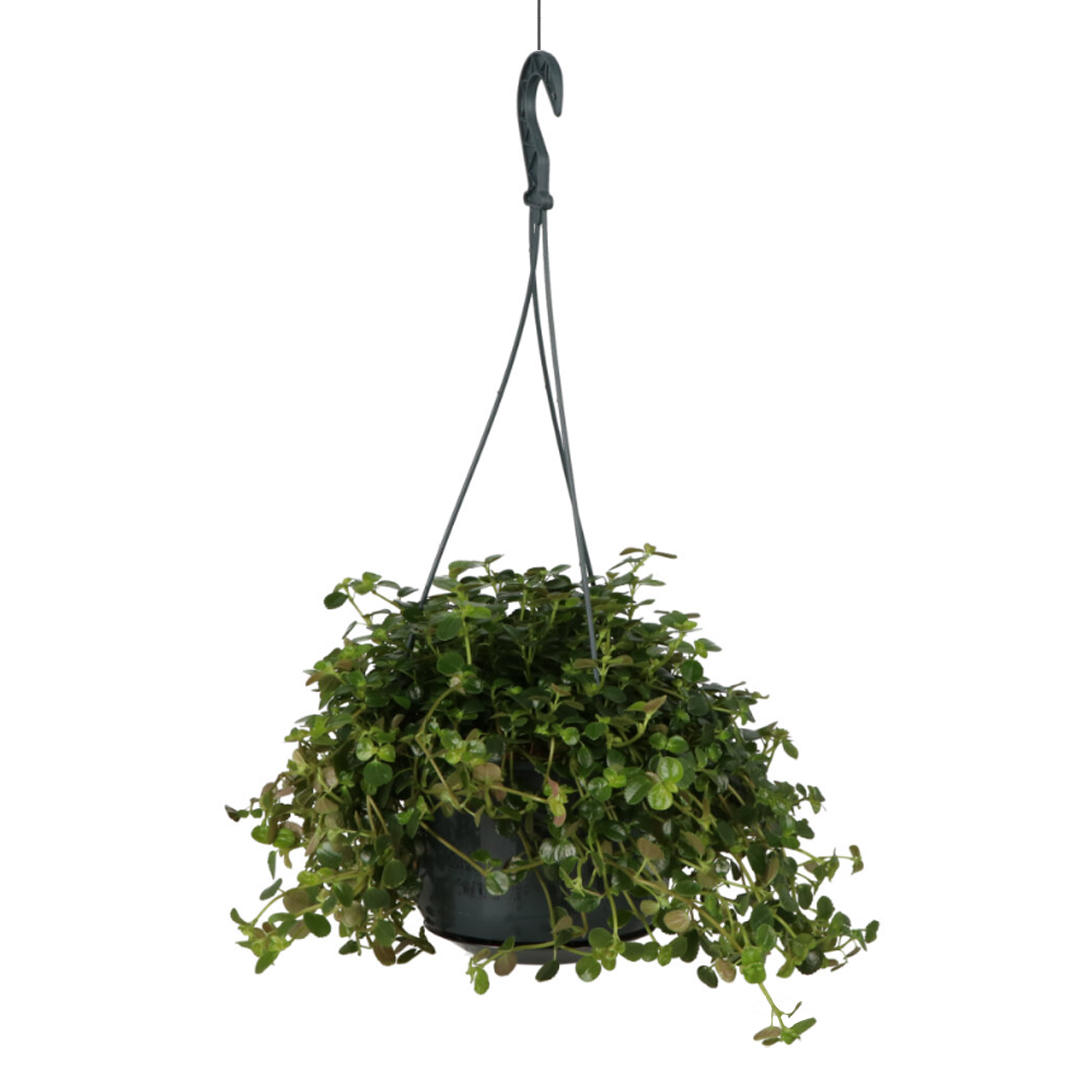
Deliver to
Europe
 English
EnglishDetailed care guides
The height of our plants are measured from the ground to the top.
Please note that the delivery height may vary 10%.

The diameter of our plants is the diameter of the nursery pot. We recommend a decorative pot with a diameter that’s larger.
Plants are natural products and therefore almost certainly differ from product photos. These characteristics make plants extra special and unique. Plants are not exactly the same size as shown.
All orders are shipped with a personal Track & Trace.
| Country | Average delivery time |
| The Netherlands | 2 - 5 business days |
| Belgium | 2 - 5 business days |
| Germany | 3 - 6 business days |
| France | 3 - 6 business days |
| Luxembourg | 3 - 6 business days |
| Austria | 3 - 7 business days |
You have the right to return products within 14 days of receipt without giving any reason.
Please note! Living and perishable products, such as plants, are legally excluded from this right of withdrawal.
Therefore, indoor plants can't be exchanged or returned.
Refunds will be credited back to the original payment method used for the purchase.


Height
25 cm

Potsize
15 cm

Botanical name
Pilea Depressa Sao Paulo

Toxic to pets
No
Introducing the Pilea Depressa, a charming plant that adds a touch of greenery to any space.
The Pilea Depressa, also known as the "depressed clearweed," is native to the tropical regions of the Caribbean. With its small leaves, this plant brings a touch of liveliness to your interior.
To get the best out of your Pilea Depressa, the plant needs a bright spot. However, always avoid direct sunlight, especially during the hottest hours of the day.
When watering the Pilea, it's essential to keep the soil evenly moist. Avoid soaking it, as too much water can lead to root rot.
Additionally, make sure the Pilea Depressa is protected from drafts, as this can damage the leaves.
The Pilea Depressa is a lovely addition to any plant collection and will brighten up your interior with its cheerful appearance.
| Height (incl. pot) | 25 cm |
|---|---|
| Pot size Ø | 15 cm |
| Botanical name | Pilea Depressa Sao Paulo |
| Nicknames | Chinese money plant, UFO plant, Friendship plant, Missionary plant, Pancake plant |
| Quantity | 1 |
| Attributes | Air-purifying, Easy to care for, Green, Hanging, Non-toxic / Pet-friendly, Small |
| Suitable for | Office, Living room, Bedroom |
| Location | Indirect sunlight |
| Watering | Requires water once a week |
| Best location | Grows best with medium light. Can't withstand full sun |
| Plant nutrition | It is best if you add plant nutrition once every 2 weeks during the summer |
| Repotting | After purchase, repotting is not necessary. The plant should then be repotted preferably every 2 years |
| Toxic | No |